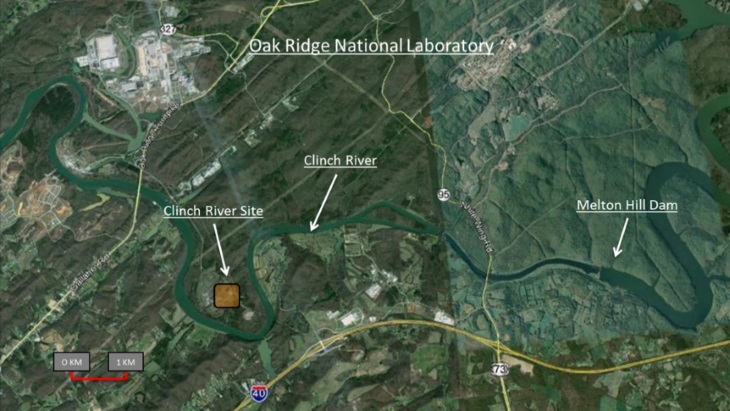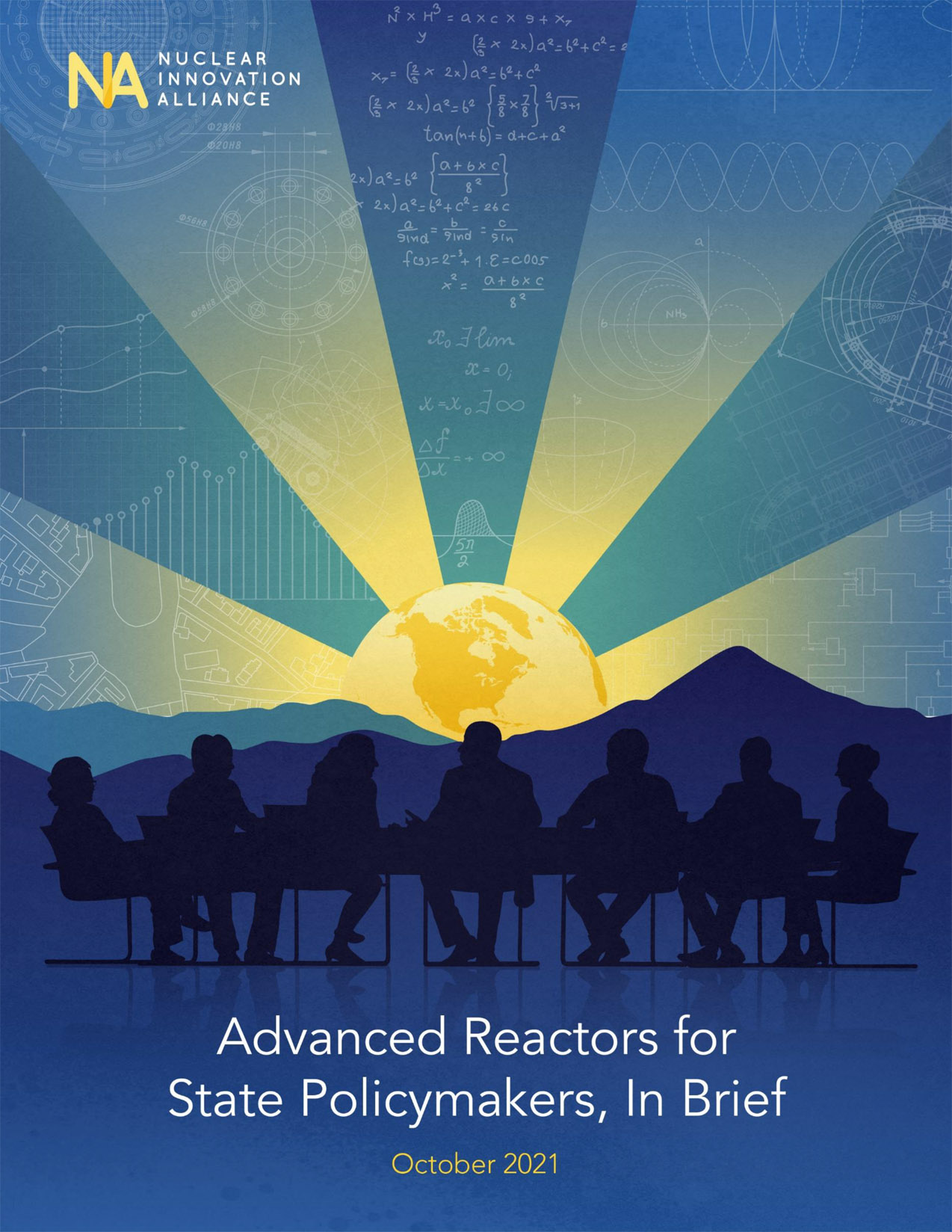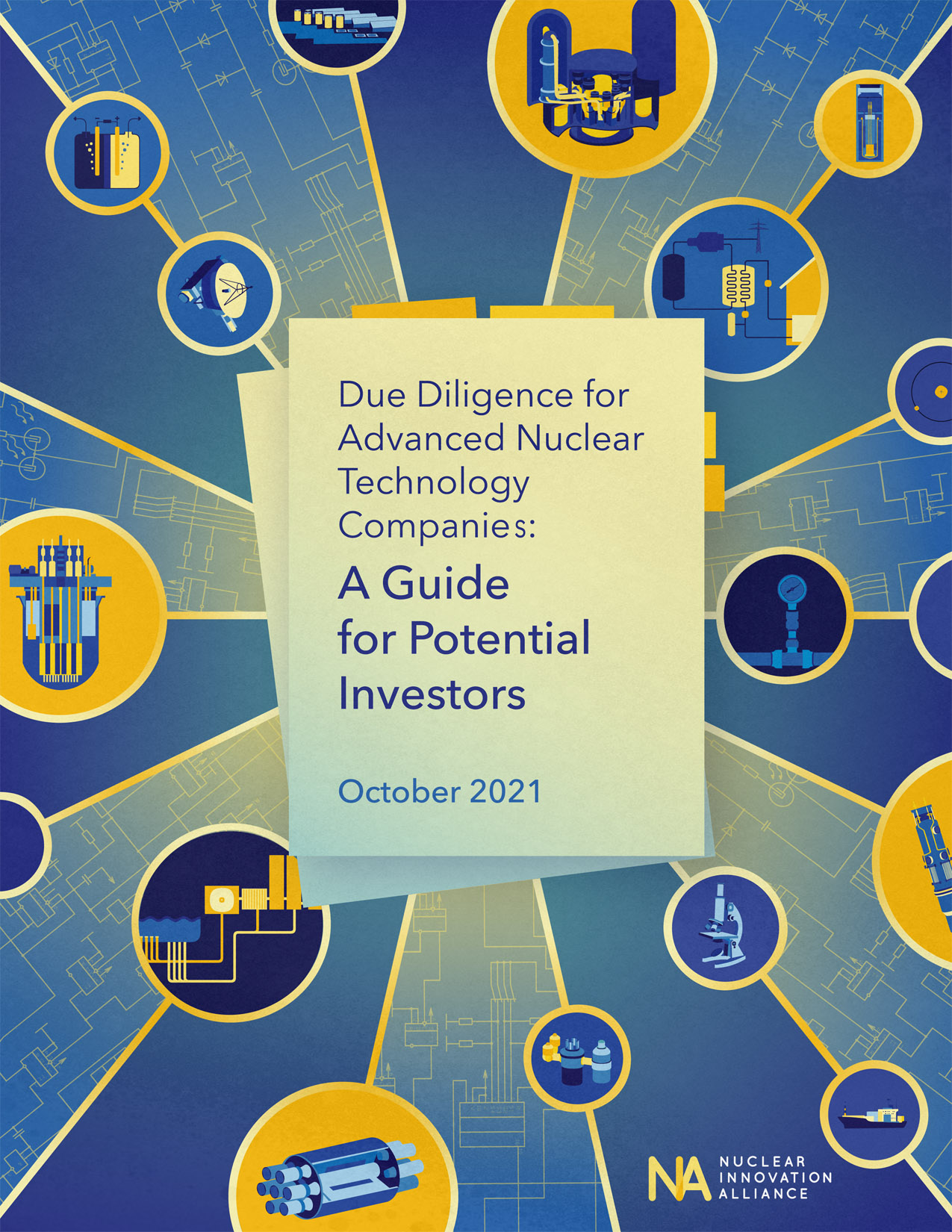Latvia looking into advanced nuclear with help from U.S.

From left: Bonnie Jenkins, the U.S. State Department’s undersecretary for arms control and international security, and Jānis Vitenbergs, Latvia’s economics minister. (Photo: U.S. State Department)
The U.S. and Latvian governments announced last week a new partnership under the Biden administration’s Foundational Infrastructure for Responsible Use of Small Modular Reactor Technology (FIRST) program.
Launched in April of last year, the FIRST program is designed to deepen strategic ties, support energy innovation, and advance technical collaboration with partner nations on nuclear energy infrastructure.
The U.S.-Latvia FIRST project, according to the State Department, will draw on expertise from across government, industry, national laboratories, and academia for policy and technical exchanges focused on topics such as workforce development, stakeholder engagement, regulatory development, and familiarization with advanced nuclear technologies—including SMRs—to support Latvia’s energy independence and security and climate priorities. Latvia currently has no nuclear power facilities.
What they’re saying: “We are pleased to be working with Latvia to explore what role advanced nuclear technologies can play in Latvia’s future energy mix,” said Bonnie Jenkins, the State Department’s undersecretary for arms control and international security. “The United States and Latvia share a commitment to energy security, combatting climate change, and nonproliferation. The FIRST program provides a framework for our countries to work together to achieve these goals.



.jpg)








 The U.K. government last week announced the release of its
The U.K. government last week announced the release of its  Carbon emission reductions from the power sector are likely to flatline after 2025 unless clean energy innovations and net-zero commitments from utilities pick up steam, concludes a report out this month from ClearPath, a conservative, Washington, D.C.–based clean energy nonprofit organization.
Carbon emission reductions from the power sector are likely to flatline after 2025 unless clean energy innovations and net-zero commitments from utilities pick up steam, concludes a report out this month from ClearPath, a conservative, Washington, D.C.–based clean energy nonprofit organization.




